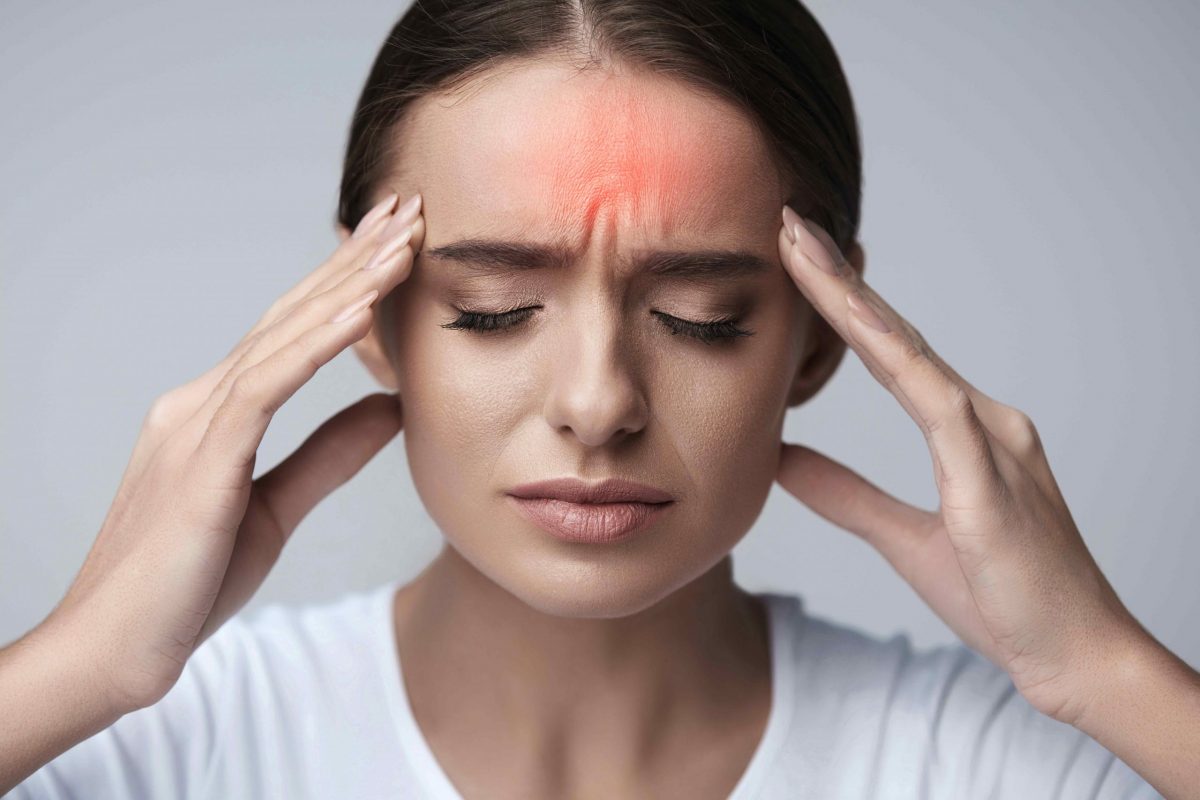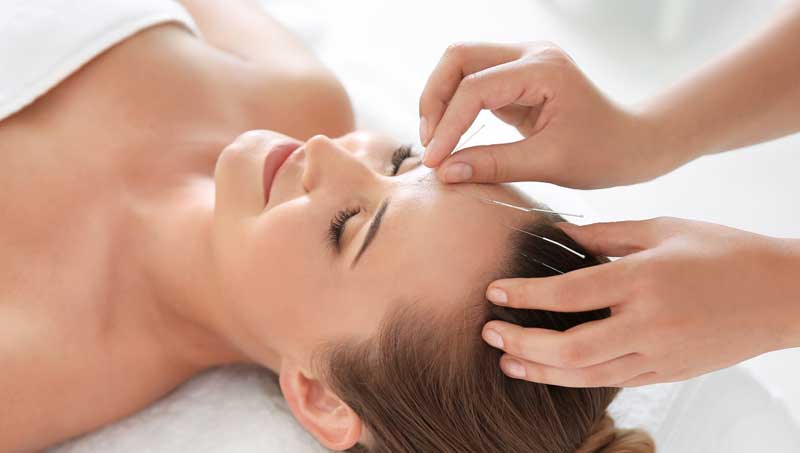Traditional Chinese Medicine for Headaches and Migraines

Headaches and migraines can be debilitating, impacting daily life and overall well-being. Traditional Chinese Medicine (TCM) paired with acupuncture offers a holistic and effective approach to alleviate the root causes of headaches and migraines, providing relief that goes beyond mere symptom management.
Understanding Traditional Chinese Medicine:
In the intricate tapestry of Traditional Chinese Medicine, the body is seen as an interconnected system where the balance of Qi (vital energy) and the harmony between Yin and Yang energies are crucial for health. Headaches and migraines, according to TCM principles, often stem from disruptions in this delicate balance. Acupuncture, a central component of TCM, is designed to restore the flow of Qi and address imbalances contributing to headaches.Acupuncture for Headaches and Migraines:
Acupuncture involves the insertion of fine needles into specific points on the body to stimulate Qi flow and restore equilibrium. For those struggling with headaches and migraines, acupuncture sessions target points associated with the head, neck, and meridians linked to pain perception. Studies show that acupuncture can modulate pain signals, reduce inflammation, and release endorphins, providing effective relief for headache and migraine sufferers.

Biomedical Mechanisms:
The biomedical mechanisms underlying the effectiveness of acupuncture in headache and migraine relief are increasingly recognized by the medical community. Acupuncture is believed to influence the central nervous system, modulating the release of neurotransmitters and neurohormones. This modulation helps regulate pain perception, promoting a sense of well-being and reducing the intensity and frequency of headaches.
Moreover, acupuncture has been found to impact blood flow and circulation, addressing one of the key factors in headache development. By enhancing blood flow to the brain and surrounding tissues, acupuncture aids in reducing vascular constriction, a common contributor to migraines. The release of endorphins, the body’s natural painkillers, further contributes to the overall analgesic effect of acupuncture.
